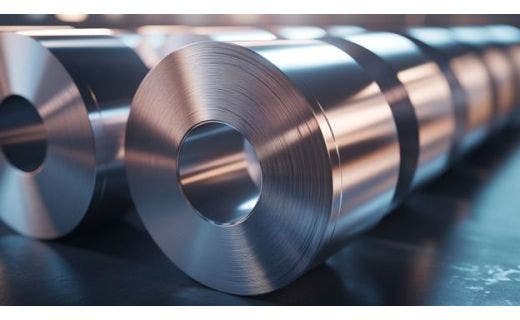Aluminum alloys are everywhere, from the lab bench to the wings of airplanes. But with hundreds of grades available, how do you pick the right one for your project? Whether you’re a researcher, engineer, or simply curious, understanding the basics of aluminum alloys will help you make informed decisions and achieve the best results.
Why Aluminum Alloys Matter
Aluminum alloys are prized for their lightweight strength, corrosion resistance, and versatility. They’re used in everything from electronics and medical devices to cars and spacecraft. But not all aluminum is created equal—each alloy offers a unique combination of properties.
Key Properties to Consider
When selecting an aluminum alloy, consider these factors:
- Strength-to-weight ratio: Critical for aerospace, automotive, and structural applications.
- Corrosion resistance: Essential for marine, chemical, or outdoor environments.
- Thermal and electrical conductivity: Important for electronics and heat exchangers.
- Machinability and workability: Affects how easily the material can be formed, welded, or machined.
- Cost and availability: Balancing performance with budget constraints.
Understanding Alloy Designations
Aluminum alloys are classified using the International Alloy Designation System. The first digit indicates the main alloying element:
| Series | Elements | Goodfellow's range |
|---|---|---|
| 1000 series | Pure aluminum (≥ 99%) | View products |
| 2000 series | Aluminum-copper | View products |
| 3000 series | Aluminum-manganese | View products |
| 4000 series | Aluminum-silicon | View products |
| 5000 series | Aluminum-magnesium | View products |
| 6000 series | Aluminum-magnesium-silicon | View products |
| 7000 series | Aluminum-zinc | View products |
| 8000 series | Other elements (e.g. lithium, iron) | Request a quote |
Aluminum alloys are also categorized as:
- Heat-treatable: Strengthened by heat treatment (e.g. 2000, 6000, 7000 series)
- Non-heat-treatable: Strengthened by cold working (e.g, 1000, 3000, 5000 series)
How to Choose the Right Alloy
- Define your requirements: What properties are most important: strength, corrosion resistance, conductivity, or something else?
- Match the alloy to your needs: Use the series guide above to narrow your options.
- Consider fabrication methods: Will you be machining, welding, or forming the material?
- Prototype and test: If possible, test candidate alloys in your application.
- Consult an expert: For complex or critical applications, seek advice from a materials specialist like Goodfellow.
Choosing the right aluminum alloy doesn’t have to be overwhelming. By understanding your requirements and the basics of aluminum alloy series, you can confidently select the best material for your project. At Goodfellow, we offer a huge range of aluminum products in many forms and we are here to help you get expert advice on which aluminum product is best suited to your application.




